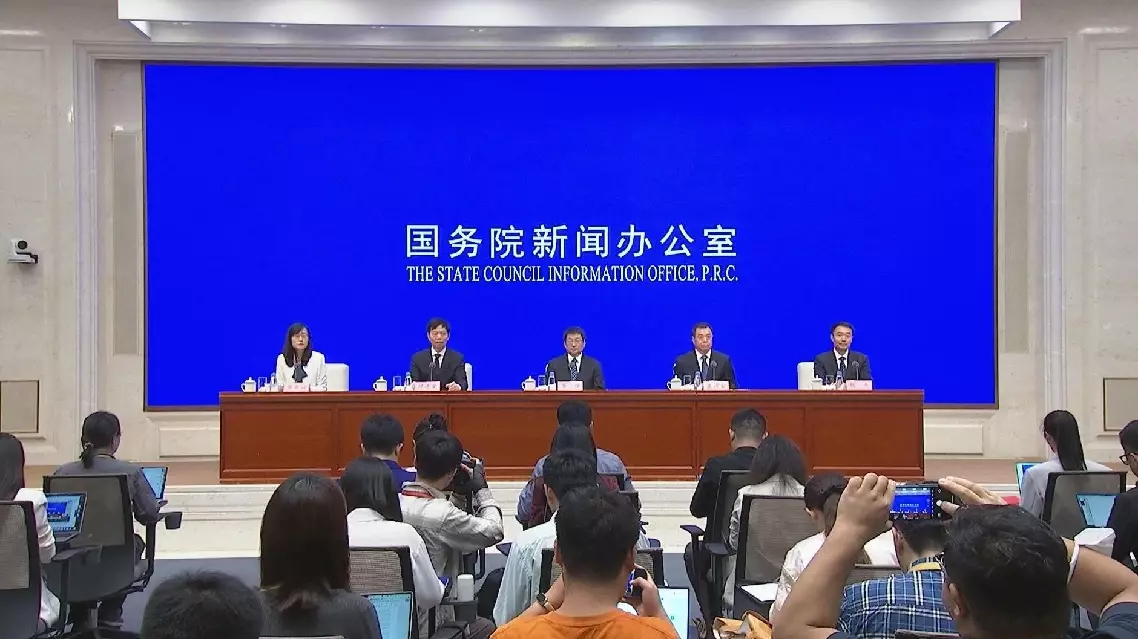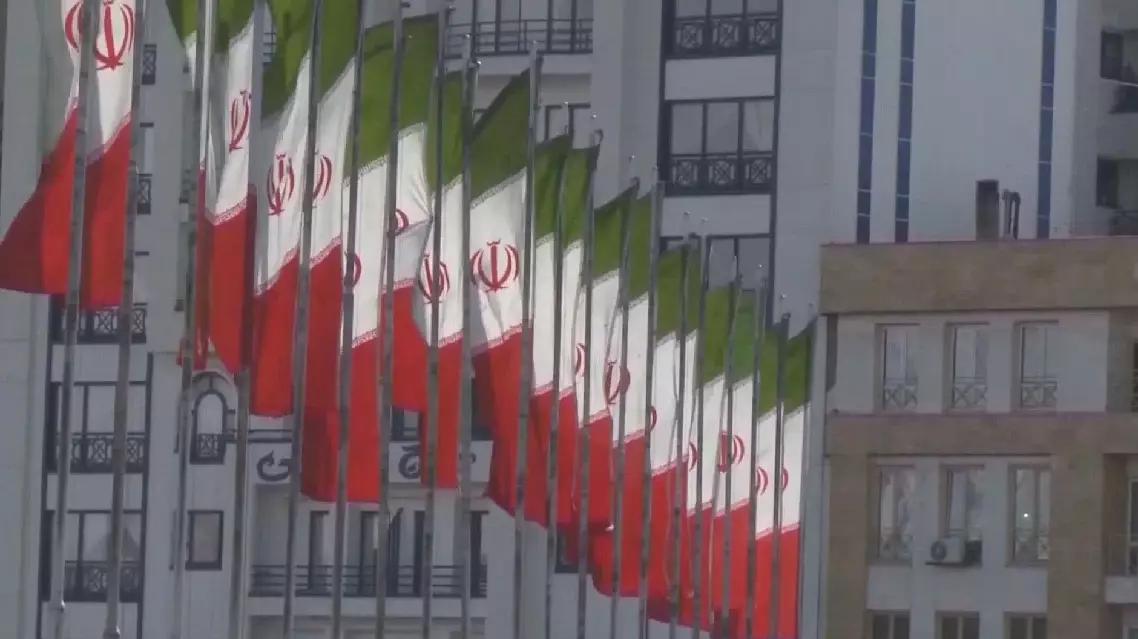China’s civil aviation sector is expected to handle 19.2 million passenger trips during the eight-day National Day and Mid-Autumn Festival holiday starting Wednesday, according to data released by the Civil Aviation Administration of China (CAAC) on Sunday.
The country’s National Day is celebrated on Oct 1, with the official holiday period running from Oct 1 to 7. This year, the Mid-Autumn Festival falls on Oct 6, creating a combined holiday period extending from Oct 1 to 8.
“As predicted, the number of passenger trips during this year’s Mid-Autumn Festival and National Day holiday may reach 19.2 million, an increase of 3.6 percent over the same period last year, marking a record high for the same period in history,” said Xiong Jie, chief pilot of the CAAC.
According to Xiong, travelers have grown noticeably more rational in recent years. Many are choosing to set out after the peak, smoothing early-holiday numbers, so the real surge is expected in the second half of the holiday.
With the Mid-Autumn Festival landing on the sixth day of the holiday, most travelers are expected to head home at once, so the last two days of the holiday are expected to deliver the biggest rush of the holiday — daily numbers could match or even top this summer’s record 2.56 million.
Traditionally popular domestic routes remain among top choices, and passenger volume at several small and medium-sized airports in tourist destinations has also been growing rapidly.
Ten international aviation hub cities – Beijing, Shanghai, Guangzhou, Chengdu, Shenzhen, Chongqing, Kunming, Xi’an, Urumqi, and Harbin – are expected to handle 17 million passengers trips.
“Thanks to continuously improved visa-free policies, departure tax refund measures, payment systems, and travel facilitation at China’s international gateways, the Mid-Autumn Festival and National Day holiday is expected to see a fresh surge in outbound travelers. Short-haul destinations in East and Southeast Asia are anticipated to experience a significant increase in bookings, while travel to South Asia and Europe is also poised to rise noticeably,” Xiong said.
China forecasts 19.2 mln air passenger trips during upcoming holiday
Iran’s Foreign Ministry said on Sunday it considers the action taken by France, Britain and Germany, collectively known as the E3, and the United States, to reinstate the United Nations Security Council (UNSC) sanction resolutions on Iran as “illegal and unjustified.”
The ministry made the announcement in a statement, hours after UN sanctions against Iran came back into force 10 years after having been lifted under a 2015 nuclear deal, formally known as the Joint Comprehensive Plan of Action (JCPOA), between the country and world powers.
It said that Iran “rejects the claim by the three European countries and the United States about the reinstatement of the previous resolutions that have been terminated under Resolution 2231 (that endorses the JCPOA) in 2015, and stresses that no obligation arises for UN members, including Iran, from the annulled resolutions’ provisions and mechanisms.”
The statement called on all countries to refrain from recognizing the “illegal situation, which is in contradiction with UNSC Resolution 2231,” accusing the E3 and the United States of “abusing” the dispute resolution mechanism of the JCPOA and Resolution 2231.
According to the statement, Iran will firmly defend its rights and national interests, and any move aimed at harming those interests “will be met with an appropriate and resolute response.”
In a letter addressed to UN Secretary-General Antonio Guterres on Saturday, Iran’s Foreign Minister Seyed Abbas Araghchi said the invocation of the “snapback” mechanism to reinstate the UN sanctions was a “clear abuse of process,” according to the ministry.
Last month, the E3 formally invoked the snapback mechanism, which allowed for the re-imposition of UN sanctions within 30 days if Iran was deemed in breach of the JCPOA.
On September 19, the UNSC failed to adopt a resolution that would have extended sanctions relief for Iran under the JCPOA. A subsequent resolution, which sought to grant a six-month extension to both the JCPOA and Resolution 2231, also failed to pass in the UNSC on Friday. The sanctions were re-imposed on Saturday evening.
Iran rejects reinstatement of UNSC sanction resolutions









